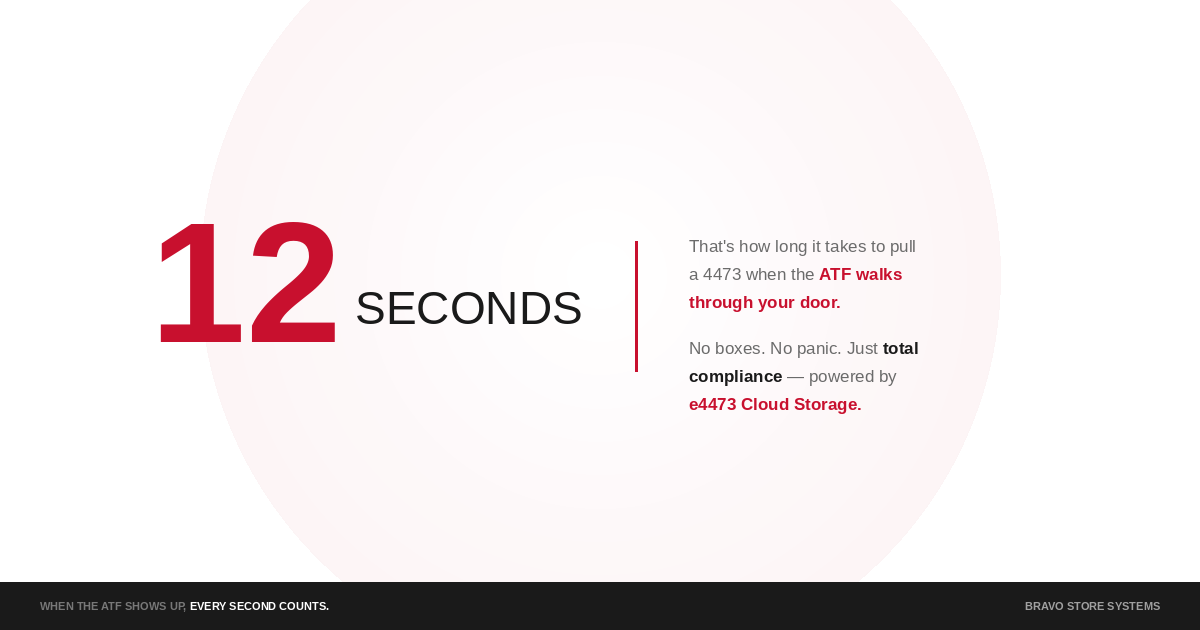6 Reasons Retailers Want to Offer Mobile Apps
Consumers are increasingly turning to their mobile devices for shopping, browsing, and buying products. As a result, retailers are faced with the challenge of meeting these evolving consumer expectations by providing a seamless and personalized mobile experience. One way to do this is by offering a mobile app like Buya or MobilePawn, which can not only enhance the shopping experience but also drive sales growth and improve customer loyalty.
In this blog post, we'll explore six reasons why retailers should consider offering a mobile app to their customers, backed up by trends and statistics that highlight the growing importance of mobile commerce and the benefits of investing in a mobile strategy. Whether you're a small business owner or a large retailer, understanding the value of mobile apps can help you stay competitive and meet the demands of your customers in a fast-changing retail landscape.
Benefits of offering a mobile app to your customers
There are several reasons why retailers should strongly consider offering a mobile app to customers, including that apps enhance the shopping experience, drive sales growth and improve customer loyalty. Take a look at some of the key benefits for retailers who offer a mobile app.
1. Competitive advantage: Offering a mobile app can help retailers differentiate themselves from competitors and attract more customers who prefer mobile shopping.
2. Increased sales: Mobile apps can lead to increased sales, as they provide a streamlined and convenient shopping experience that encourages customers to make more purchases.
3. Increased convenience: Mobile apps provide customers with a more convenient way to shop, as they can browse products, place orders, and make payments from anywhere at any time.
4. Improved customer engagement: Mobile apps can help retailers engage with customers more effectively, by providing personalized recommendations, targeted promotions, and notifications about new products or sales.
5. Enhanced customer loyalty: By offering a mobile app, retailers can encourage customer loyalty through exclusive offers, loyalty programs, and other incentives.
6. Better customer insights: Mobile apps can help retailers gather valuable customer data, such as purchasing behavior and preferences, which can be used to improve marketing and sales strategies.
Consumer trends for mobile app usage
We've gathered relevant trends and recent statistics from a variety of reputable sources that highlight the growing importance of mobile commerce and the benefits of investing in a mobile strategy.
- 71% of customers expect retailers to have a mobile app. (source: RetailMeNot)
- Customers who download a retailer's mobile app are 2.3 times more likely to make a purchase than those who don't. (source: Google)
- 55% say that a good mobile experience would make them more likely to make a purchase. (source: RetailMeNot)
- Mobile commerce sales are expected to reach $488.1 billion in the US in 2022, accounting for 62.8% of all ecommerce sales. (source: eMarketer)
- Global app store downloads reached 218 billion in 2021, up 7% from the previous year. (source: App Annie)
- 78% of consumers would be more likely to buy from a retailer that recognizes them by name, recommends products based on past purchases, or knows their purchase history. (source: Accenture)
- 44% of customers say they are more likely to shop at a retailer that offers a loyalty program through a mobile app. (source: PYMNTS.com)
- Apps with in-app purchases saw revenue grow by 11% year over year. (source: Adjust)
- 90% of consumers expect a seamless experience across all shopping channels, including mobile apps. Retailers who can provide this are more likely to retain customers and drive sales growth. (source: Retail Systems Research)
Consumer trends for using apps to make payments
We've gathered relevant trends and recent statistics from a variety of reputable sources that substantiate the value offering a mobile app that allows customers to make remote payments (i.e. layaway or loan payments).
- Mobile payments are becoming more popular: A report by eMarketer found that in 2021, 101.2 million people in the US used a mobile payment app at least once every six months, up 16.8% from the previous year.
- Contactless payments are on the rise: The global transaction value of mobile contactless payments is projected to reach $4.7 trillion by 2025, up from $1.1 trillion in 2020. (source: Statista)
- Younger generations prefer mobile payments: 61% of millennials and 46% of Gen Zers have used mobile payments in the past year, compared to only 32% of baby boomers. (source: The Manifest)
- Convenience is the main reason for using mobile payments: 58% of respondents said that convenience was the main reason they use mobile payments. (source: GlobalWebIndex)
- Mobile wallets are gaining popularity: The use of mobile wallets increased by 7% in 2021, and 38% of consumers said they used a mobile wallet for a transaction in the past year. (source: PYMNTS.com)
Retailers have plenty of compelling reasons to invest in mobile apps. From improving customer engagement and loyalty to providing a personalized shopping experience, mobile apps have become a necessity in the modern retail landscape. By leveraging the power of mobile technology, retailers can enhance the customer experience, increase sales and drive business growth. Mobile apps can also help retailers collect valuable data and insights, allowing them to make informed decisions and stay ahead of the competition. As the world becomes increasingly mobile-centric, retailers who ignore the potential of mobile apps risk falling behind. By embracing this technology, retailers can stay relevant, competitive, and continue to thrive in today's fast-paced retail environment.
Learn more about Bravo's mobile apps for specialty retailers? Talk to Sales.
About the Author

As Head of Product Management at Bravo, Kristy is responsible for leading Bravo's development roadmap. Kristy has over 15 years of experience working across all levels of pawn and FFL. Having worked as a pawnbroker and in sales and product development for multiple pawn software companies, including PawnMaster, she's a pro at understanding industry trends and market outlooks, and how that can impact Bravo customers. She is a product expert who knows what matters to pawnbrokers, and is known to go above and beyond to help develop the best solutions for their needs.
Kristy holds Masters certificates in Internet Marketing from the University of San Francisco and UX Design from the UX Design Institute in NY. She lives in Stoddard, WI with her husband, son, dog and two cats.


















